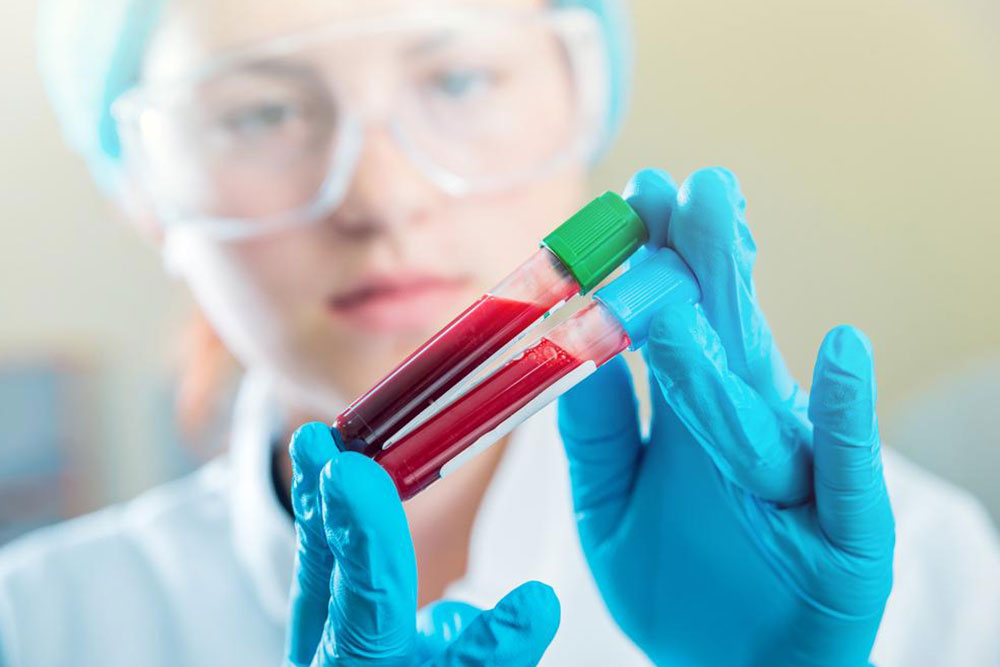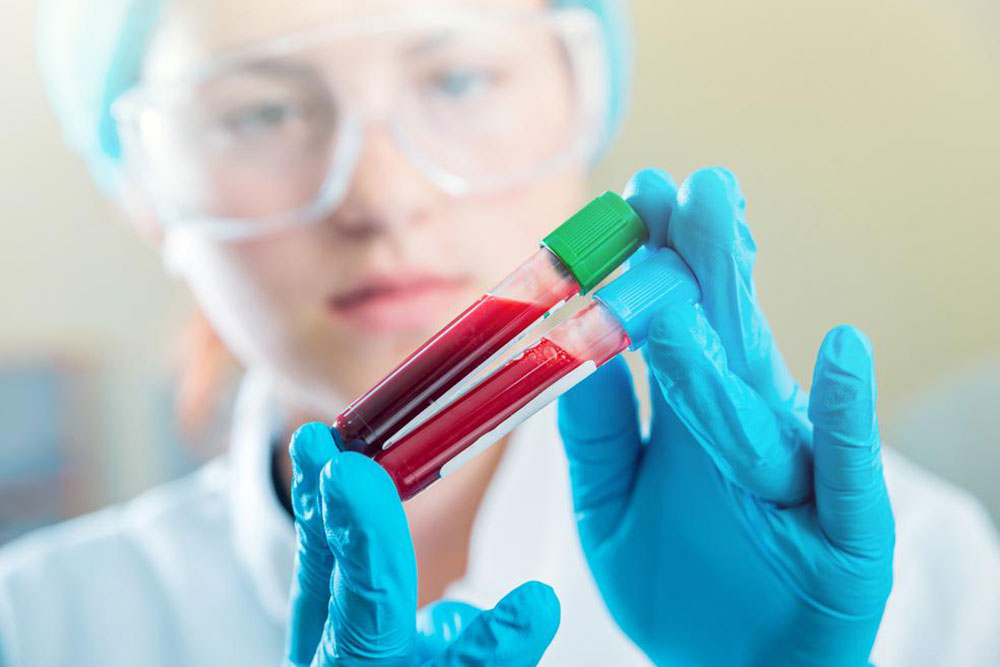Understanding the Vital Role of Maintaining Optimal Creatinine Levels for Kidney Health
This comprehensive article explores the importance of maintaining healthy creatinine levels, their role in kidney function, and practical ways to monitor and regulate these levels for optimal health. It highlights how creatinine serves as a key biomarker for renal health and provides guidance on preventive measures and lifestyle choices to ensure kidney efficiency. Regular testing and awareness can help prevent severe kidney diseases and improve overall well-being.

Why Keeping Creatinine Levels Within Healthy Limits Is Essential for Your Well-being
Maintaining good health involves monitoring various biological markers that reflect how well your organs and systems are functioning. Among these essential parameters are blood pressure, blood sugar levels, and notably, creatinine levels. While most people are familiar with the importance of blood pressure and glucose monitoring, there is often less awareness about the significance of maintaining normal creatinine levels. Understanding this marker is crucial because it provides vital insights into kidney health and overall metabolic function. In this comprehensive guide, we will explore why keeping creatinine within healthy ranges is fundamental, how it affects your health, and what steps you can take to ensure optimal levels for a healthier life.
Understanding Creatinine: What Is It?
Creatinine is a chemical waste molecule that is generated during the natural breakdown of creatine, a substance vital for energy production in muscles. As a byproduct of muscle metabolism, creatinine is produced continuously in the body, with its levels influenced largely by muscle mass, physical activity, and overall metabolic health. Once produced, creatinine circulates in the bloodstream and is filtered out by the kidneys, which excrete it through urine. As such, creatinine levels serve as a reliable indicator of kidney function and are used in various diagnostic tests to assess renal health.
Why Is Maintaining Normal Creatinine Levels Critical?
Just as blood pressure and blood glucose levels are indicators of cardiovascular and metabolic health, respectively, creatinine levels offer a window into kidney efficiency. When creatinine accumulates in the blood, it suggests that the kidneys may not be functioning properly, potentially leading to health complications if left unchecked. Elevated creatinine is often an early warning sign of kidney impairment, which, if untreated, can progress to more serious conditions like chronic kidney disease or renal failure.
Furthermore, abnormal creatinine levels can be influenced by factors such as dehydration, infections, certain medications, and underlying chronic illnesses like diabetes and hypertension. Regular monitoring can help healthcare providers detect early signs of kidney trouble and implement preventative or corrective strategies promptly. For individuals with existing kidney conditions, maintaining appropriate creatinine levels is vital for disease management and slowing progression.
Consequences of Elevated Creatinine Levels
When creatinine levels in the blood are higher than normal, it indicates that the kidneys are not filtering waste effectively. This impairment can be caused by a variety of factors, including chronic illnesses, acute kidney injury, or conditions that strain renal function. Persistent elevation of creatinine can result in toxin buildup in the body, leading to symptoms such as fatigue, swelling, nausea, and difficulty concentrating. Over time, unchecked high creatinine levels can culminate in severe kidney damage, necessitating dialysis or even kidney transplantation in extreme cases.
Factors Leading to High Creatinine Levels
Several factors can contribute to an increase in creatinine levels, most notably:
Chronic Kidney Disease (CKD): Progressive loss of renal function reduces the kidney's ability to filter creatinine effectively.
Dehydration: Low fluid intake concentrates blood and impairs kidney filtration.
High Protein Diet: Excessive consumption of protein-rich foods can temporarily elevate creatinine levels.
Medications: Certain drugs like antibiotics, NSAIDs, and others can influence kidney function.
Muscle Mass: Greater muscle bulk, often seen in bodybuilders or athletes, naturally results in higher baseline creatinine.
Normal Creatinine Ranges and Diagnostic Significance
Understanding the typical creatinine ranges helps in evaluating kidney health accurately. Because creatinine production depends on muscle mass, normal values can vary slightly based on age, sex, race, and physical activity levels. The generally accepted normal ranges are:
Men: 0.6 to 1.2 mg/dL (53-106 μmol/L)
Women: 0.5 to 1.1 mg/dL (44-97 μmol/L)
Adolescents: 0.5 to 1.0 mg/dL
Children: 0.3 to 0.7 mg/dL
Urinary creatinine clearance tests are also conducted to evaluate kidney filtration capacity, with typical values being:
Men: 107 to 139 mL/min
Women: 87 to 107 mL/min
How to Maintain Healthy Creatinine Levels
Preserving kidney health and maintaining balanced creatinine levels requires a combination of lifestyle choices and medical management. Key strategies include:
Avoiding excessive intake of protein-rich foods if advised by your doctor.
Staying well-hydrated by drinking sufficient water daily.
Managing chronic conditions like hypertension and diabetes effectively.
Limiting use of nephrotoxic medications unless prescribed and monitored by healthcare providers.
Engaging in regular physical activity to promote overall health without overstraining muscles.
Regular Monitoring and Medical Consultation
Since creatinine levels can fluctuate based on various factors, routine blood and urine tests are important for early detection of potential problems. Regular check-ups are especially crucial for individuals with chronic illnesses, a family history of kidney disease, or existing renal issues. Early intervention can prevent progression to severe kidney damage, allowing for better management of health and sustainment of quality of life.
In conclusion, maintaining optimal creatinine levels is a vital aspect of kidney health and overall metabolic function. By understanding the role of creatinine and taking proactive steps to monitor and manage its levels, you can significantly reduce the risk of kidney-related diseases and promote long-term well-being.





